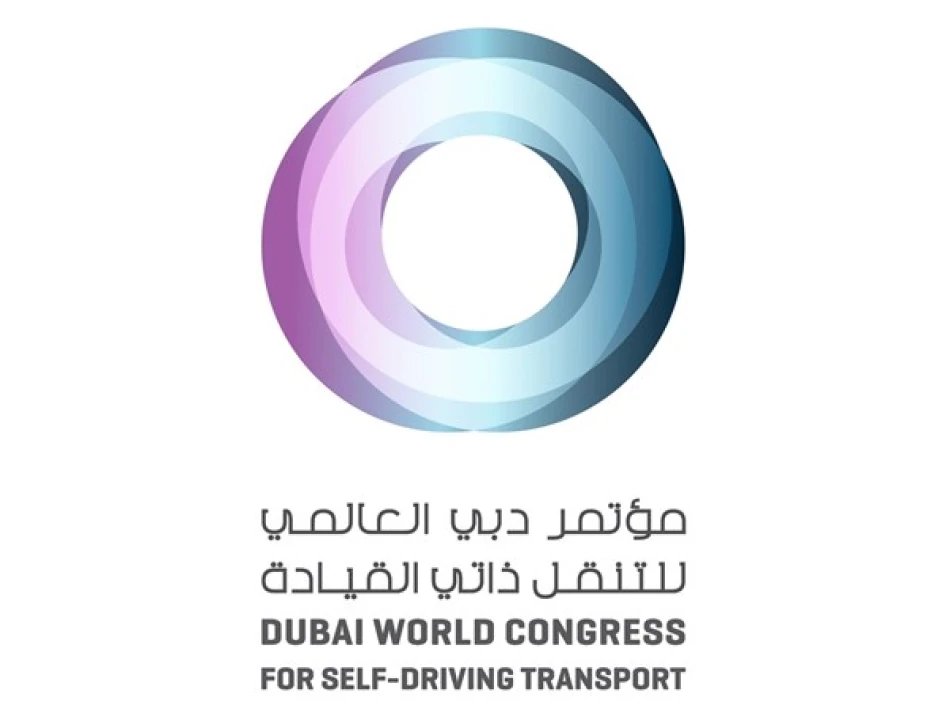
Dubai's Autonomous Mobility Challenge: Leading Visionaries Gather for Groundbreaking Conference
Dubai Bets Big on Autonomous Transport with Global Challenge Winners Set to Be Crowned
Dubai is doubling down on its ambitious plan to make 25% of all city trips autonomous by 2030. The emirate's fourth Global Conference and Challenge for Autonomous Mobility kicks off Wednesday, bringing together over 3,000 international participants and showcasing five finalist consortiums competing to design the world's most integrated self-driving transportation district.
A $50 Billion Market Dubai Wants to Lead
The conference, held under the patronage of Sheikh Hamdan bin Mohammed bin Rashid Al Maktoum, Dubai's Crown Prince, signals the city's serious intent to capture a slice of the autonomous vehicle market expected to reach $50 billion globally by 2030.
Mattar Al Tayer, Director General of Dubai's Roads and Transport Authority (RTA), frames this as more than just technological advancement. "This positions Dubai as a global destination for innovation in this vital sector," he said, connecting the initiative directly to the emirate's broader smart city ambitions.
The Numbers Tell the Story
Interest in Dubai's challenge has been overwhelming. Applications exceeded targets by 170%, forcing organizers to narrow down participants to five international consortiums. The two-day event features over 45 workshops, 80+ speakers, and a 50-company exhibition showcasing vehicles set to operate by 2026.
Five Global Teams, One Vision
The finalists represent a truly international effort:
WeRide/Deutsche Bahn (China-Germany) brings together Chinese AI expertise with German engineering precision. BrightDrive consortium spans four countries (Switzerland, France, UAE, Austria), while Orcauboat/PIKMOVING combines UAE logistics with Chinese manufacturing and UK academic research through Heriot-Watt University Dubai.
Rounding out the field are SURAA/Arti from Austria and Singapore-China's Zelos Technology. Each team has undergone field testing in their home countries according to Dubai's specifications.
Why This Matters Beyond Dubai
Dubai's approach differs from other smart city initiatives. While Singapore focuses on controlled environments and the US tackles highway automation, Dubai is attempting something more ambitious: a fully integrated multi-modal transport ecosystem in a single district.
The challenge specifically targets "first and last mile" problems - getting people from transit stops to their final destinations. This practical focus could provide solutions for cities worldwide struggling with similar issues.
The Investment Angle
For investors and tech companies, Dubai offers something unique: a regulatory sandbox with government backing and real-world testing opportunities. The emirate's track record of actually implementing ambitious projects (think the world's longest driverless metro system) makes it an attractive testbed.
Companies like Baidu Apollo International, DEWA (Dubai Electricity and Water Authority), and Uber are participating in the accompanying exhibition, suggesting serious commercial interest beyond the challenge itself.
The Bigger Picture
Dubai's 2030 target of 25% autonomous trips isn't just about technology - it's about economic positioning. The emirate wants to be the regional hub for autonomous vehicle development and deployment, similar to how it positioned itself in aviation and logistics.
With keynote speakers including Saul Rachidi, the world's first Chief AI Officer, and Dr. Stephen Shladover, who has led autonomous vehicle research at UC Berkeley for over 40 years, Dubai is clearly investing in knowledge transfer alongside infrastructure.
What Comes Next
Winners announced at the conference will likely receive implementation opportunities in Dubai, potentially serving as proof-of-concept for expansion across the Gulf region. Given the UAE's influence and the challenge's international scope, successful solutions could find rapid deployment in similar urban environments.
The real test will be whether Dubai can translate this week's innovations into the functioning autonomous transport network it envisions by 2030. But with government backing, international expertise, and a clear commercial pathway, the emirate appears to have assembled the right ingredients for success.
Most Viewed News

 Layla Al Mansoori
Layla Al Mansoori






